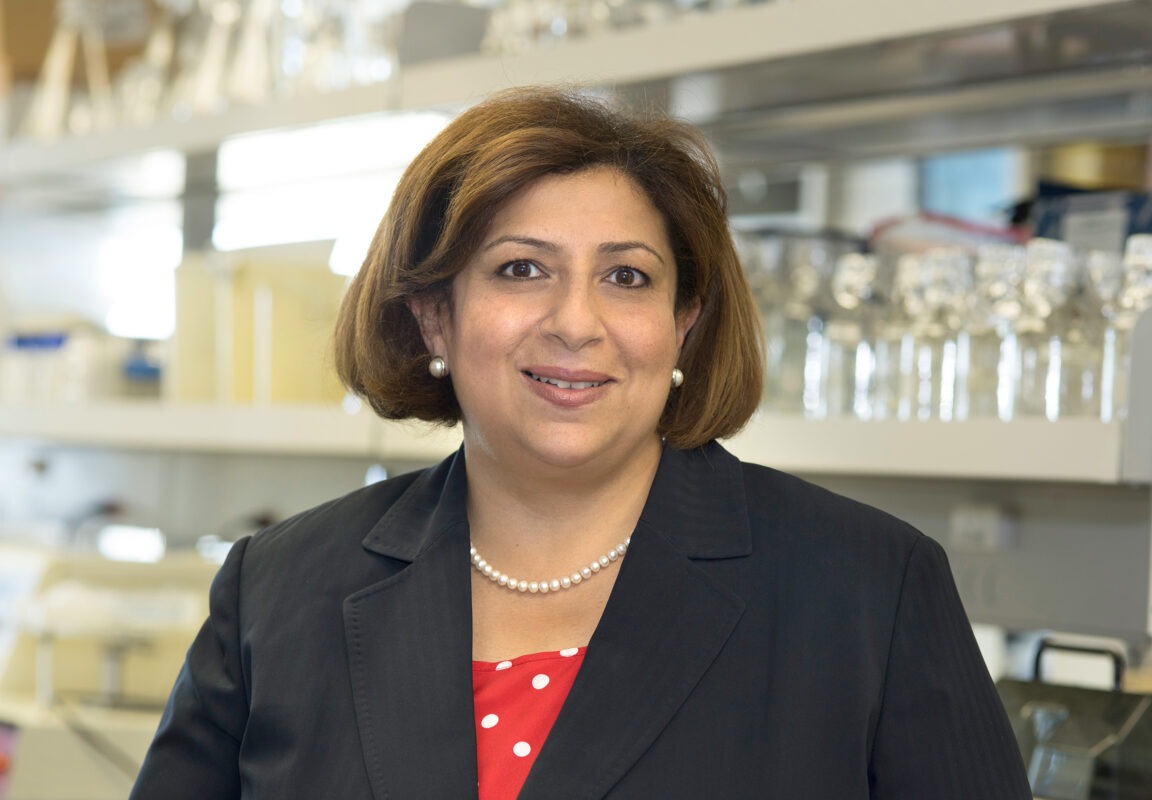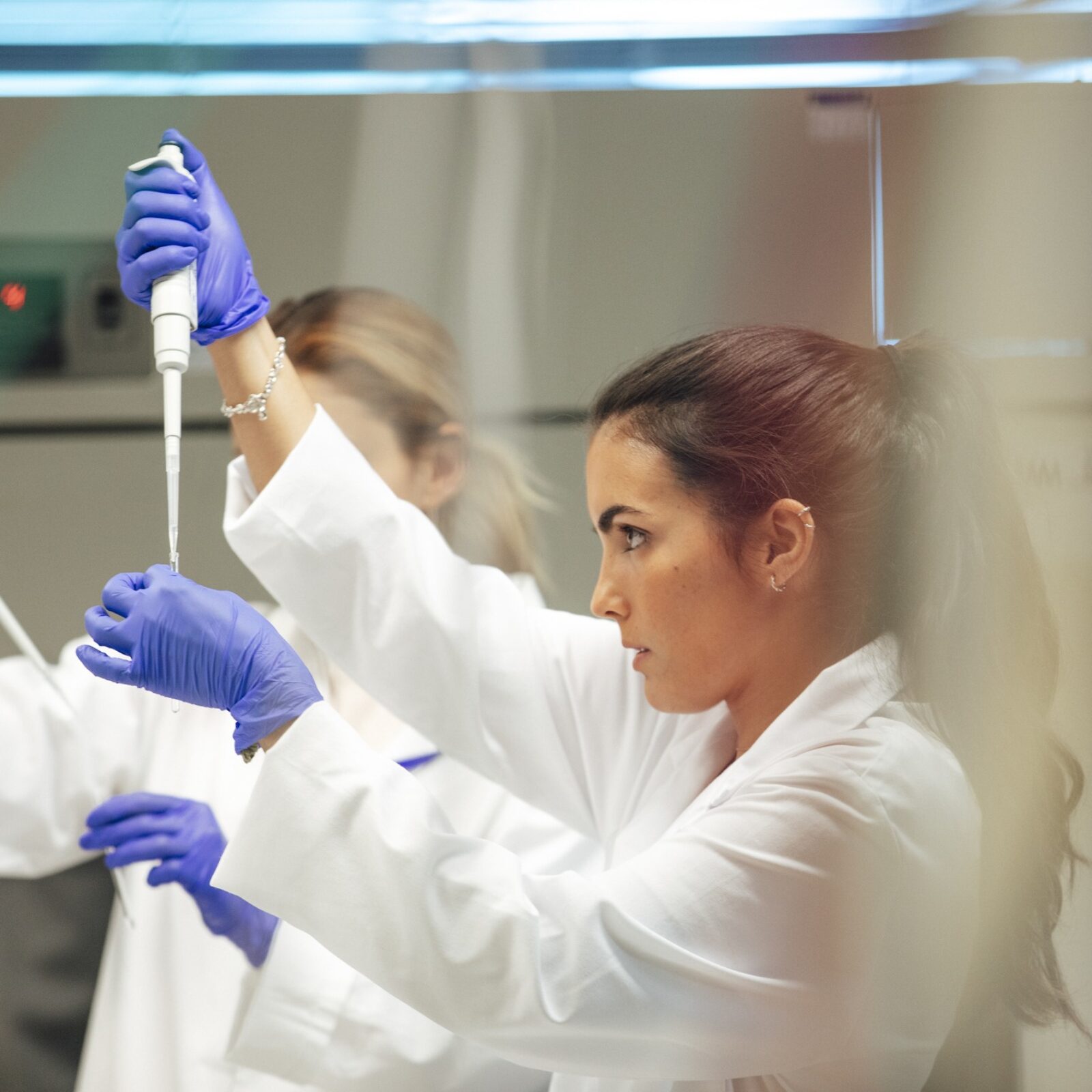
Titles
- Director, Liver Immunology Laboratory, CRCHUM
- Accredited Professor in the Department of Microbiology and Immunology, Université de Montréal
- Full Professor, Department of Medicine, Université de Montréal
- Director of the Canadian Hepatitis C Network (CanHepC)
- Research member, Montreal Cancer Institute
Research Angle
Chronic liver disease and advanced liver fibrosis, known as cirrhosis, have nearly doubled in Canada over the past two decades. Hepatic fibrosis is multifactorial. It can be caused by a variety of factors, including liver injury due to toxins, alcohol consumption, viral hepatitis (B or C) or non-alcoholic liver steaatosis (NAFLD). Cirrhosis is the main risk for developing liver cancer or hepatocellular carcinoma (HCC). The CHC is on the rise in North America. Direct Acting Antivirals (DDA), which completely cure the Hepatitis C virus (HCV), are expected to reduce HCV-related fibrosis. However, it is not clear that this reverses fibrosis and has an impact on the impact of CHC, particularly in people with cirrhosis. In addition, rising obesity rates are expected to lead to an increase in liver and CHC diseases related to NAFLD.
Since joining CRCHUM in 2005, our group has implemented a translational liver immunology research program focused on HCV immunity. In collaboration with CRCHUM clinicians, we built a unique cohort of patients at different stages of HCV infection and a biobank that allowed us to address key issues in HCV immunopathology. Recognizing the increased incidence of advanced liver disease and liver cancer with various etiologies, our program has expanded to Study the immunological mechanisms of liver fibrosis and CHC. Our research program includes two complementary research projects:
- Identify correlations of HCV protective immunity in high-risk individuals who inject drugs and define parameters/signatures to be used as a reference to measure the effectiveness of new HCV vaccines. This theme uses high-resolution immunological and transcriptomic approaches to define these protective signatures and the interactions between T and B cells of the immune response.
- Understanding the immunological mechanisms of liver disease progression and liver cancer development, focusing on immunological diversity and cytokines that can promote the development of cancer and/or the attenuation of the immune response against cancer cells. And how these factors influence the response to new anti-cancer therapies.

Subscribe to our newsletter
